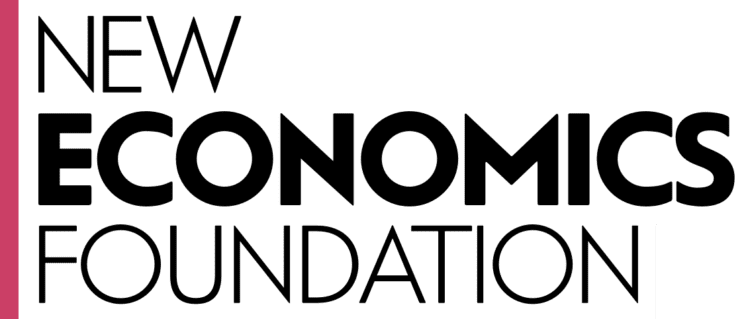Social ventures tackling the disability employment gap
UnLtd, the foundation for social entrepreneurs, worked with NEF Consulting to evaluate the impact created by social ventures tackling the disability employment gap.
We developed an impact measurement methodology and toolkit for social ventures to use in case studies of five social ventures that receive support from UnLtd. Through its grant and investment funding, UnLtd has disbursed over £283,000 across the five social ventures at an average of over £40,000 per venture.
Approach
In a co-designed workshop with the social ventures, we built Theories of Change that mapped the stakeholders affected by each venture, such as:
- Direct beneficiaries – people far from employment, in self-employment and students.
- The Government, through the impact on public expenditure.
The workshop identified a wide range of outcomes for these beneficiaries, including aspects of personal wellbeing such as self-confidence, optimism, resilience. Other outcomes included financial security, income, educational qualifications, physical health, substance misuse and offending. The outcomes affected for the Government included tax received, benefits paid out and other forms of public expenditure.
We used these outcome frameworks to develop data collection tools and the data collected fed into Social Cost-Benefit Analysis modelling. The modelling looked at the change in each outcome experienced by clients of each social venture, adjusted for the change that would have happened anyway or was caused by factors other than the social venture itself. This was then monetised the resulting social value using established financial proxies.
Findings
The five social ventures generated an annual social and economic value in excess of their annual costs, with each recording a benefit-cost ratio of at least 1.81, and two ventures recording far higher ratios. They combined significant social value creation for their clients and employees with financial viability. Wellbeing improvements made up a large proportion of the social value, with clients of all ventures reporting large increases in confidence, feeling useful and emotional wellbeing.
The level of job creation varied between the social ventures analysed, in part due to the different models in use. Some focused on the earlier stages of a client’s progression into employment, such as through training of young people who had dropped out of school. Although this support may not have created employment in the short-term, there was evidence that it prevented harmful behaviours and laid the foundation for further progress through training or work.
Challenges
During the data collection and modelling process, it was challenging to develop a common measurement framework to evaluate a very varied group of social ventures. Similarly, some of the ventures performed several different functions, not all of which could be included in the evaluation.
Recommendations
For future evaluations, NEF Consulting recommended using a bespoke outcomes framework, survey and cost-benefit model to capture the full spectrum of value created by each social venture. However, a light-touch approach could focus on the outcomes most likely to be affected, capturing some of the social value created while minimising the burden of data collection. We provided UnLtd with a set of indicators focusing on wellbeing and employment outcomes to guide this light-touch approach.
